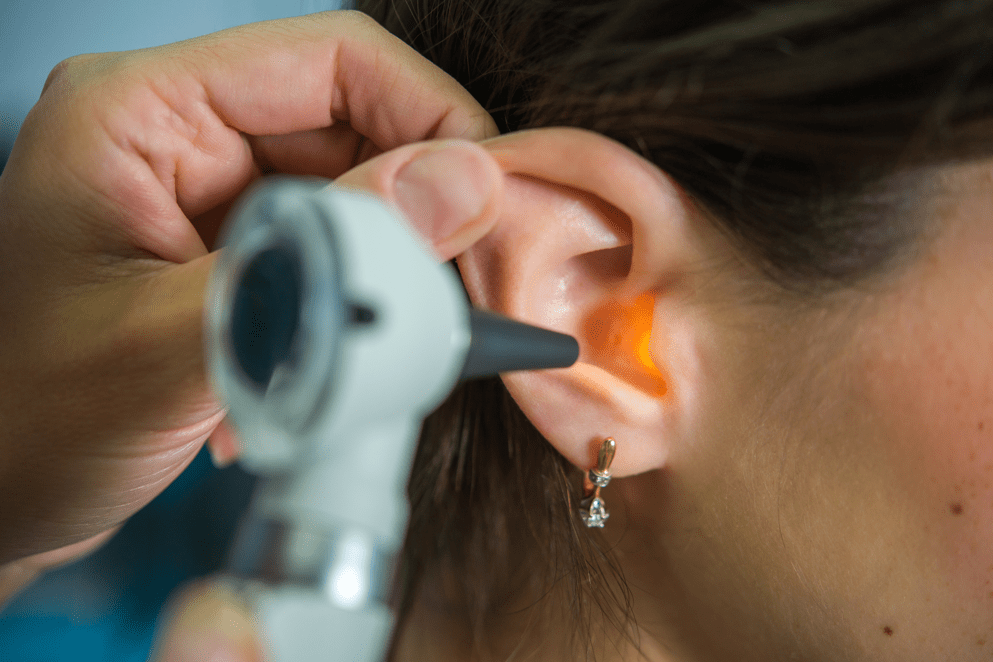The Importance of Baseline Hearing Tests
When is the last time you had your hearing checked? If you’re like


When is the last time you had your hearing checked? If you’re like

At your first appointment, the audiologist reviewed your test results with

In last month’s blog post, we discussed what to expect during your